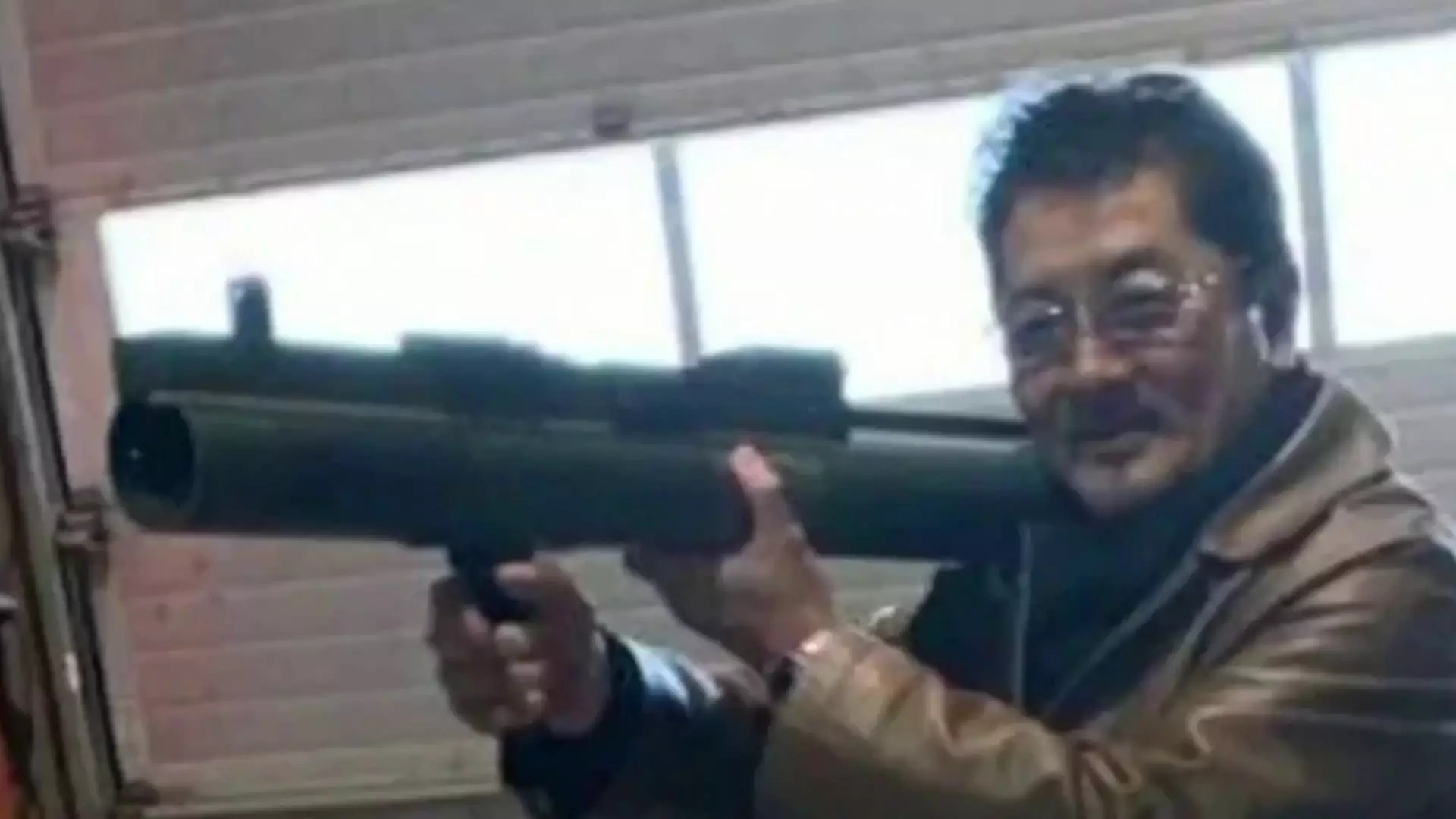Federal prosecutors in New York recently charged a Japanese Yakuza leader, Takeshi Ebisawa, with conspiring to traffic nuclear materials from Burma to other countries. The prosecutors stated that Ebisawa and his associates exhibited samples of nuclear materials in Thailand to an undercover agent from the U.S. Drug Enforcement Administration, who was disguised as a narcotics and weapons trafficker with connections to an Iranian general.
The undercover operation resulted in the seizure of the nuclear samples with the help of Thai authorities. The samples were then transferred to the custody of U.S. law enforcement, where a nuclear forensic laboratory conducted an analysis confirming the presence of uranium and weapons-grade plutonium in the samples.
According to U.S. Attorney Damian Williams, the conduct alleged in the indictment against Ebisawa cannot be overstated in terms of seriousness. Williams emphasized that Ebisawa was involved in brazenly trafficking nuclear materials with the intention of supporting a nuclear weapons program.
Ebisawa, along with his co-defendant Somphop Singhasiri, had previously faced charges related to international narcotics trafficking and firearms offenses in April 2022. Both individuals are scheduled to be arraigned on the new charges in Manhattan federal court. The Yakuza, a notorious Japanese organized crime syndicate, has a long history of criminal activities ranging from narcotics trafficking to weapons dealings.
The indictment against Ebisawa and Singhasiri reveals the extent of Ebisawa’s criminal network, which spans across Asia, Europe, and the United States. The indictment describes Ebisawa’s involvement in large-scale narcotics and weapons trafficking, indicating the breadth of his illicit operations.
In early 2020, Ebisawa informed individuals, including a DEA confidential source, about his access to a substantial quantity of nuclear materials that he aimed to sell, including uranium. Subsequently, Ebisawa shared photographs showing a dark rocky substance alongside a Geiger counter, a device used to measure radiation levels.
The arrest and charging of Takeshi Ebisawa shed light on the grave implications of Yakuza involvement in nuclear trafficking. The case underscores the urgent need for international cooperation to combat the illicit proliferation of nuclear materials and prevent them from falling into the wrong hands. Authorities must remain vigilant against such criminal activities to safeguard global security and prevent the potential catastrophic consequences of nuclear proliferation.

Leave a Reply